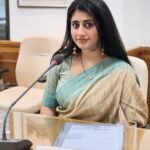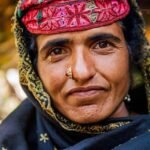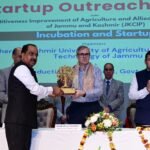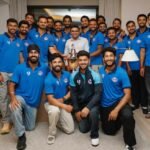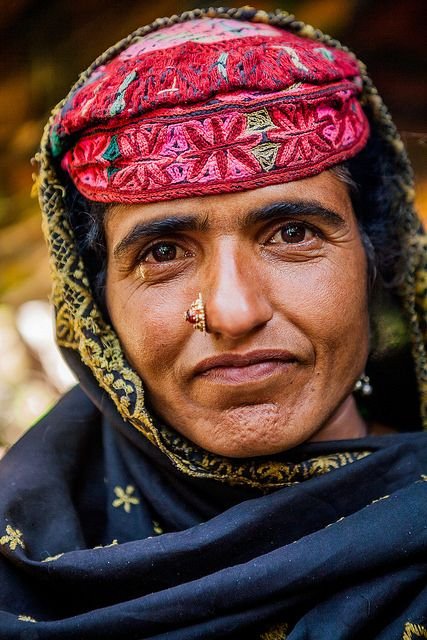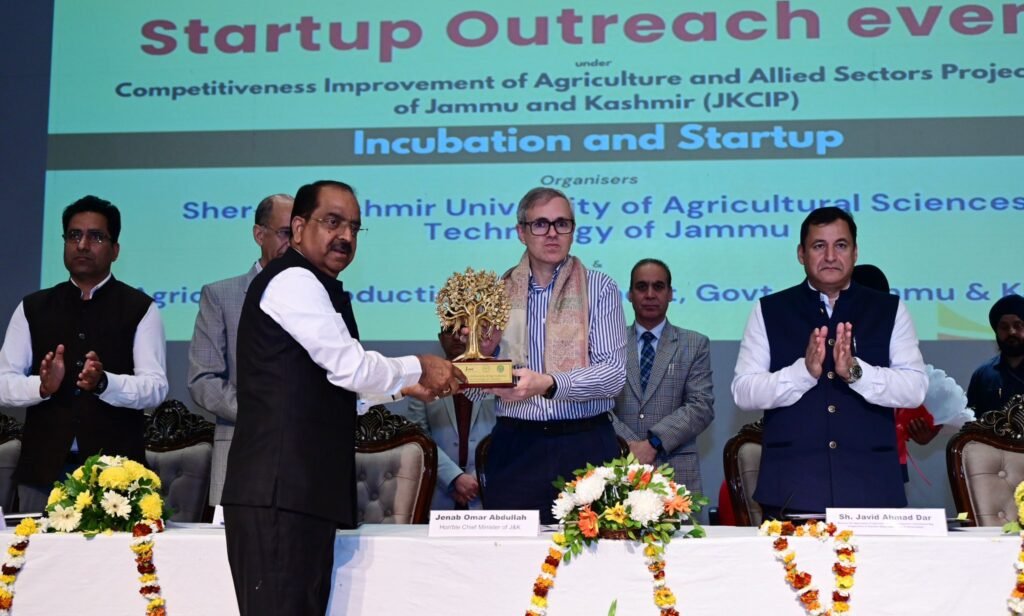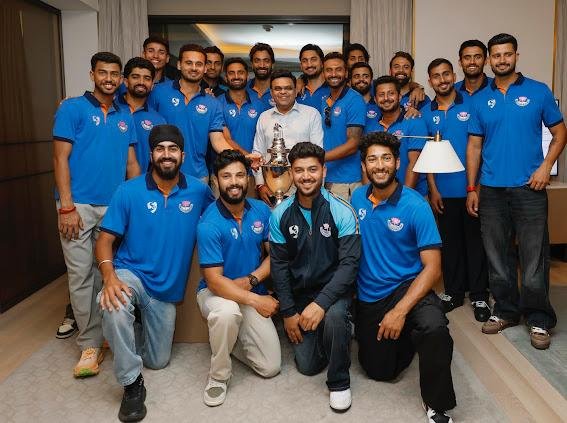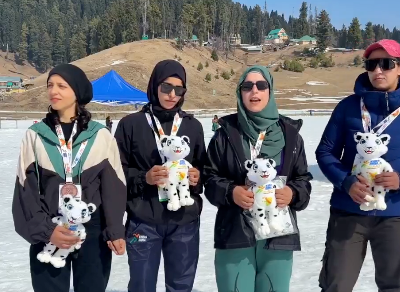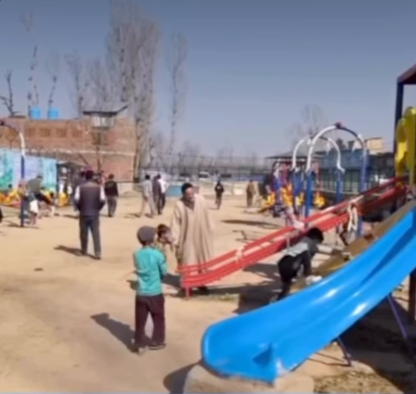Srinagar, August 2, 2025 — Jammu and Kashmir’s Lieutenant Governor Manoj Sinha urged writers and scholars to correct the “distorted” historical narrative of the region during his address at the inaugural Chinar Book Festival, organized by the National Book Trust of India in Srinagar. Emphasizing J&K’s rich heritage, Sinha called for authentic storytelling to highlight its role as a global center of literature, science, and spirituality.“I called upon the writers to think about rewriting the history to correct the facts, which were distorted in the past,” Sinha stated.
“The new generation must be made aware that our civilization was economically prosperous and a beacon of knowledge and spirituality.” He underscored J&K’s contributions to Indian civilization, including its legacy in Shaivism and Sufism, urging authors to craft narratives that reflect this truth.The Chinar Book Festival featured over 500 titles by regional and national authors, with sessions on Kashmiri literature, book launches, and panel discussions. Sinha highlighted the festival’s role in fostering intellectual discourse, stating, “This annual festival will provide an opportunity for readers to keep track of new ideas and perspectives and interact with eminent writers and scholars from across the country.”
The event, attended by notable figures like Dr. Karan Singh, aimed to promote J&K’s cultural identity and inspire young writers to document stories of resilience and unity.Sinha’s call aligns with his broader vision for J&K, as seen in his recent engagements, such as addressing the Mega Alumni Meet-2025 at the University of Kashmir, where he urged alumni to strengthen educational institutions and mentor youth for peace and progress. His efforts also include promoting sports, as evidenced by his attendance at the Kashmir Super League-2025, where he lauded football’s role in fostering unity among J&K’s youth.
However, tensions have been reported between Sinha and Chief Minister Omar Abdullah, particularly over administrative decisions like officer transfers and the continuation of the Advocate-General, reflecting ongoing friction in governance dynamics. Despite these challenges, Sinha’s focus remains on inclusive development, as seen in his support for initiatives like the National Education Policy 2020 and infrastructure projects under PMGSY-III.


